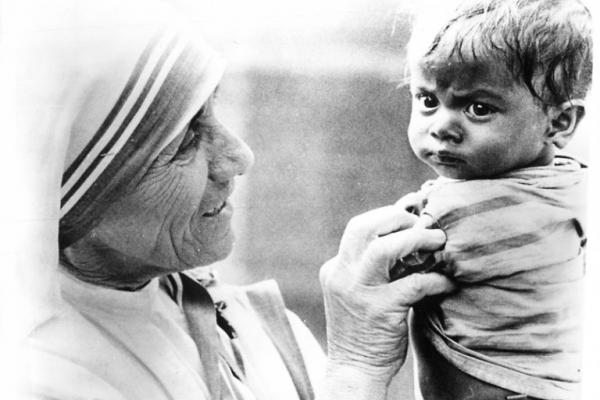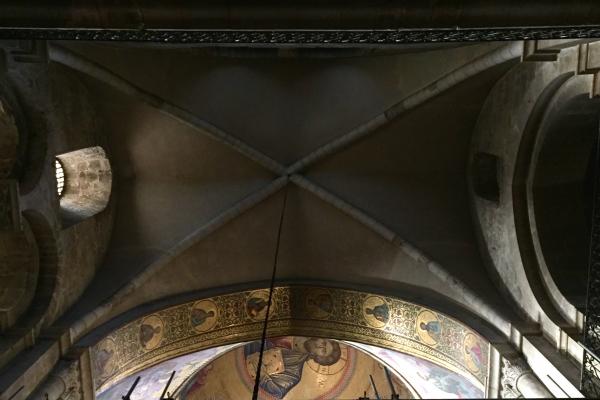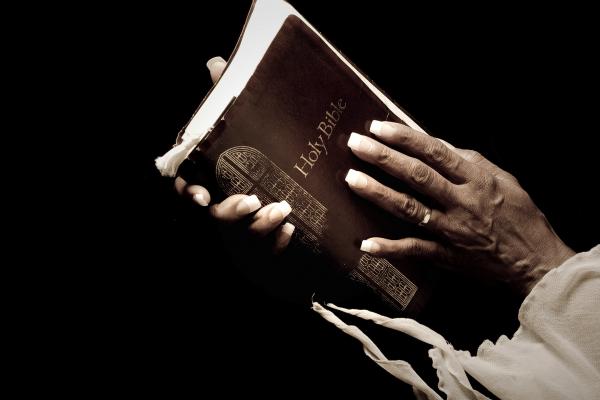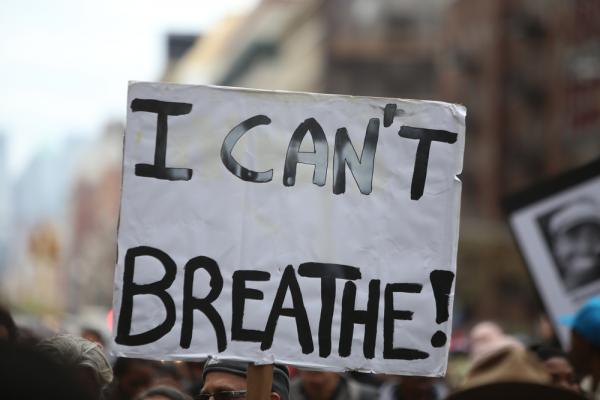While there is no more important moment to be deeply engaged in the realities impacting our global family, there is also no more important moment to be fully present to the world that is pulsating right in front of us in our homes and on our streets.
There are currently dozens of national and global realities swirling around us that can cause us to fear, worry, and pour our precious energy and attention outward. Our smart phone notifications go off and we are once again a screen away from the other side of the globe or at the center of another partisan debate. What can be used as a critical asset in our global engagement quickly becomes the source of our paralysis and distances us from what is right in front of us.
Akko is an ancient city, crusting the northern shore of the Mediterranean. The founder of the Bahá'í faith, Bahá'u'lláh, was exiled here in 1868, a prisoner of the Ottoman Empire. He was banished from his native Persia for declaring a new religion. He also established the absolute equality of women and men.
In the lives of early Bahá'í women, a powerful stance of love and service exists. These women were educators, journalists, mothers, and artists from both privileged and humble backgrounds. But a certain ardor — an eager flame — binds their stories together.
“Why did you, American Mother of the Year, commit civil disobedience in front of the Trident nuclear submarine?” a reporter asked the white haired, 78-year-old woman as she left the courthouse.
The woman, accused of being in a little boat blocking a nuclear submarine, answered without a moment’s hesitation.
“I did it for the children of the world,” she said.
Mother Teresa of Calcutta will be made a saint on Sept. 4. Pope Francis made the announcement on March 15 during a meeting with Catholic cardinals, which also saw four others approved for sainthood this year.
I pretend to be a hermit. I’m shy and always have been. I’m introverted, too, which isn’t the same thing; being with others, especially in large groups, simply saps my energy.
But in my heart, I want to be the pilgrim. One obstacle: Despite the Bible’s repeated admonitions not to be afraid, I am. Yes, I fear disappointing God. But — true confession — my greater fear on this trip, and a sign, no doubt, of my mixed-up priorities, was that I might somehow be deemed unworthy, unwanted, by my fellow pilgrims.
As the civil war in Syria enters its sixth year, Christians across the U.S. are taking to prayer. On March 15, the fifth anniversary of the war, which has killed up to 470,000 people and displaced 7 million, the Southern Baptist Convention’s International Mission Board and a dozen other Christian groups will raise awareness in American churches through the #PrayForRefugees campaign.
I am many things – a feminist theologian, staff member at the Interfaith Youth Core, an active member of a United Methodist Church, an activist, and a mother in a transracial adoptive family. These roles are linked and each informs the other — I try to be accountable to multiple communities and am shaped by a myriad of contexts.
As such, I look up to and learn from women who model interconnected lives, are shaped by the wisdom of many spaces, and work for liberation of both themselves and communities of women.
Mercy Amba Oduyoye , mother of African feminist theology, is one of these inspiring models.
The Jewish people were nearing the end of their 40 years wandering through the desert when Moses orchestrated a census to determine how the promised land would be divided among families when they arrived. Mahlah, Noah, Hoglah, Milcah, and Tirzah were five sisters. The fact that they are often referred to as the “daughters of Zelophehad” or the “daughters of Z” reflects the patriarchy of the day (in which, for instance, land was only passed to a male heir). “Z” had died in the desert, and these women of the wilderness advocated for themselves with Moses.
3. Jesus already taught us how to tithe.
As I reflected on the practice of tithing more deeply, I realized that the parable in Mark 12 of Jesus recognizing the widow who offers two copper coins is one that influences my concept of discipleship — including monetary giving. It is cliché, because it is the lesson that is frequently read during budget meetings and stewardship drives. But the woman’s faith and commitment truly have been a reminder that it is not about how much I give, or even really whether I give anything. Jesus recognizes her sacrifice and discipleship, as evidenced through her monetary offering, and asks us to follow her lead.
Being a member of a church comes with many expectations. But so does being a Christian. A theological belief in salvation through grace alone roots my faith, but so does the action of giving of my time, talents, and earthly possessions to those who have less. I am both loved by God as an individual, and called to be in a community.
The story of Jesus’ passion and death has stirred my imagination since I was a child. In an act of profound mystery, Jesus walks towards the conflict swirling around him. Jesus accepts his arrest and does not raise his voice. His willingness to embrace the consequences of truth-telling leaves him silent in the face of his accusers. His judges repeatedly say they can find no fault in this man, but the people want more. They want someone to blame.









